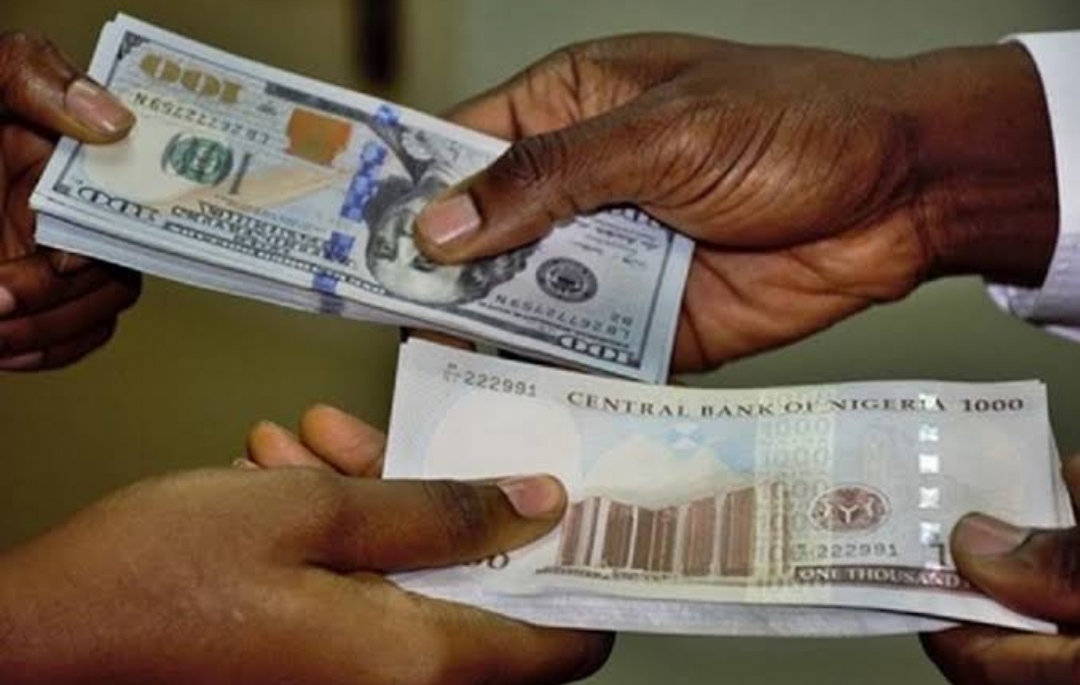Nigeria’s government has intensified efforts to curb the cultural practice of “spraying” naira notes at social events, a tradition where money is thrown over celebrants during weddings and parties. The Economic and Financial Crimes Commission (EFCC) is enforcing a 2007 law that criminalizes “naira abuse,” imposing fines and jail sentences of up to six months for offenders. This crackdown is part of broader measures to strengthen the naira, which has depreciated significantly due to recent economic reforms, including currency devaluation and subsidy cuts.
The EFCC has revived a rarely used 2007 law to charge individuals for “mutilating” the currency by “spraying” and “dancing on” it, punishing those convicted with fines or jail time. Despite these efforts, critics argue that targeting everyday citizens for cultural practices while corrupt elites remain unpunished is a misallocation of resources. The crackdown, which has already led to dozens of convictions, has sparked controversy over cultural expression and selective law enforcement. Some view the policy as an attempt to foster patriotism and respect for the currency, though questions remain about whether punitive measures are the right approach.
The act of spraying remains deeply embedded in Nigerian culture, especially among the Yoruba, highlighting a tension between tradition and economic reform. Politicians have been known to spray crowds with cash, and there’s a cottage industry of vendors offering fresh banknotes to partygoers looking to … Some Nigerians have even taken to spraying with dollars since.
Despite the crackdown, some individuals continue to engage in the practice. A man at a Lagos nightclub was seen throwing N1,000 banknotes over a crowd of women dancing around him, risking a six-month jail sentence … the EFCC’s enforcement of “naira abuse.” This incident underscores the ongoing tension between cultural traditions and legal regulations in Nigeria.
The EFCC has stated that it prosecutes without fear or favor, emphasizing that the act of mutilating the na … . However, some observers question the effectiveness of this approach, noting that enforcement has not materially improved the currency’s performance. The debate continues over whether punitive measures are the best way to foster respect for the currency or if alternative strategies should be considered.
In response to the crackdown, some Nigerians are reconsidering their approach to this key ingredient of Nigerian parties. Event planners have adapted by offering alternatives to the traditional practice, such as using decorative envelopes for monetary gifts or encouraging digital transactions. These adaptations aim to preserve the celebratory spirit of Nigerian social functions while adhering to legal guidelines.
The EFCC’s campaign has also led to high-profile convictions, including that of a Nigerian transgender celebrity known as Bobrisky, who was sentenced to six months in jail for throwing naira banknotes into the air, an act considered illegal in Nigeria. This rare conviction has sparked criticism, especially since Nigeria often targets the LGBTQ+ community under rigid laws. Human rights lawyer Festus Ogun questioned why Bobrisky was singled out, suggesting selective enforcement of the law. Bobrisky plans to appeal the ruling and expressed her ignorance of the law, offering to educate her social media followers against naira abuse.
The crackdown on “spraying” money at parties reflects Nigeria’s broader efforts to address economic challenges and promote respect for national symbols. However, it also raises questions about the balance between cultural practices and legal regulations, and whether punitive measures are the most effective means of achieving these goals.












Wow, banning the spraying of Naira at parties? Whats next, banning birthday cakes to protect sugar prices? Seems a bit extreme, dont you think?
Wow, banning spraying at parties in Nigeria to protect the currency? Seems extreme, but maybe its necessary to maintain financial stability. What do you guys think?
I cant believe they banned spraying at parties! Its a tradition. Whats next, no more dancing? Let people have fun!
This ban on spraying Naira at parties in Nigeria is ridiculous! Let people have fun and stop micromanaging everything.
I think Nigeria banning the spraying of Naira at parties is a good move to protect their currencys integrity. What do you all think?
I think its a bit extreme to ban the spraying of Naira at parties. Let people have their fun!
This ban on spraying Naira at parties is ridiculous! Let people have fun without government interference. #LetThemSpray 💸🎉